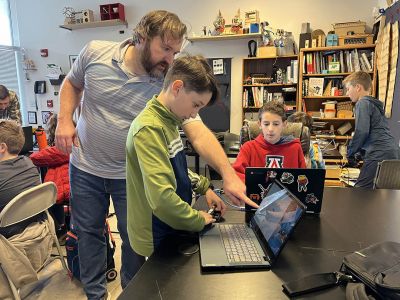
At The Gregory School, education is interdisciplinary. The skills and knowledge that students acquire in each class translate to other areas of campus, and our teachers work to apply learning broadly across the school. Every few weeks, the Spotlight Blog features one of our programs or content areas, but please know that at TGS, this delineation is somewhat artificial, and if you follow the blogs, you will see that interconnection abounds.
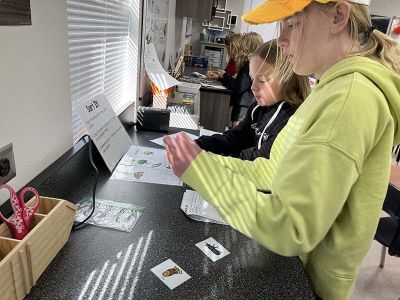
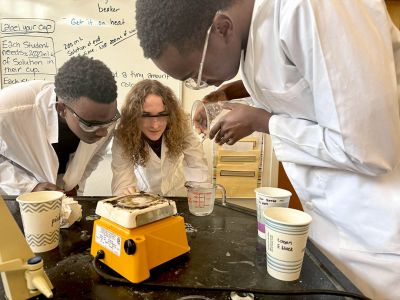
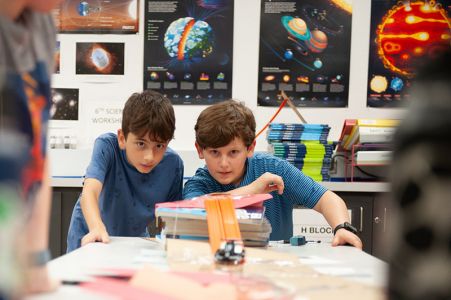
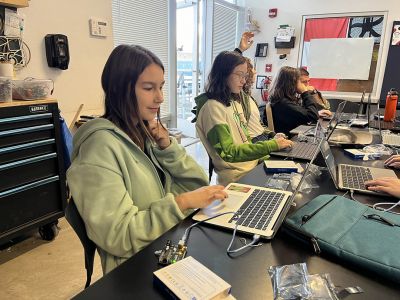
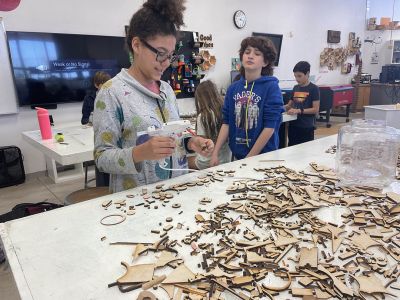
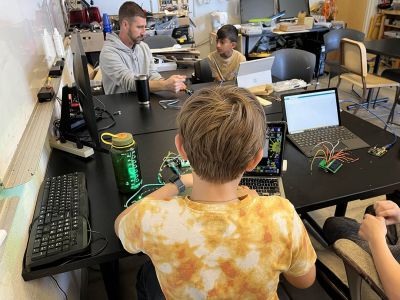
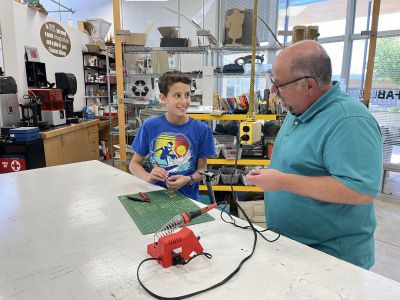
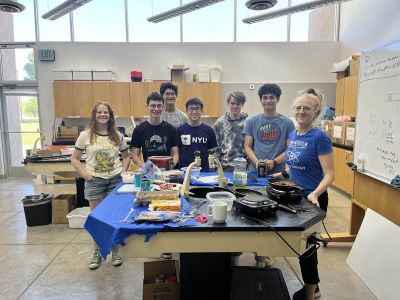
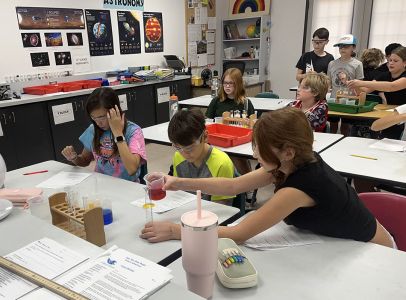
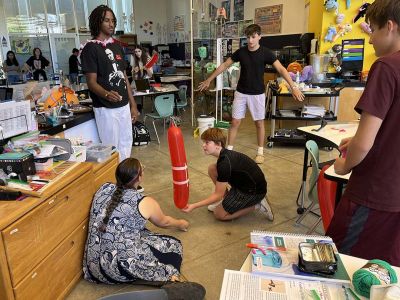
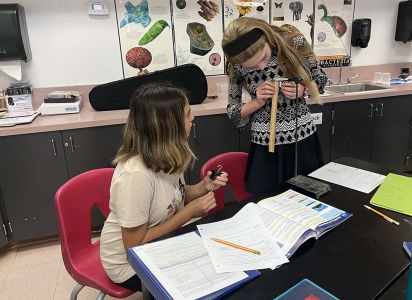
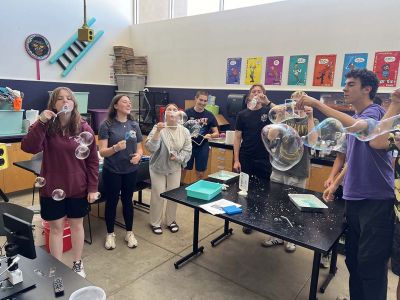
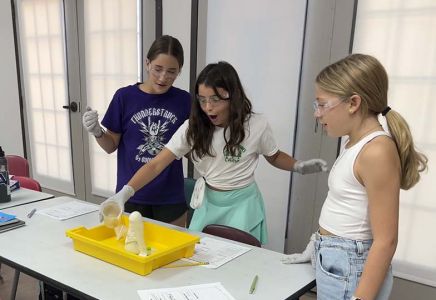
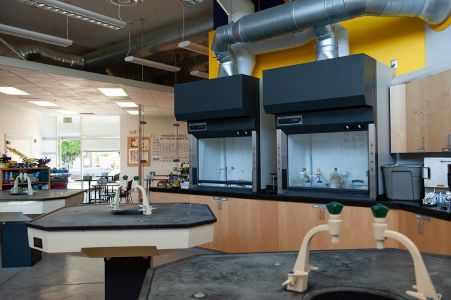
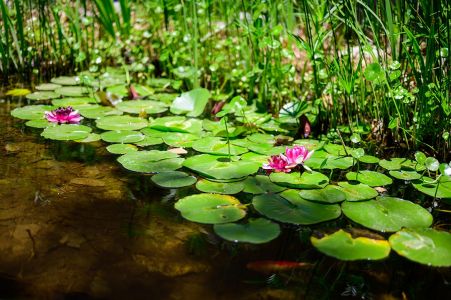
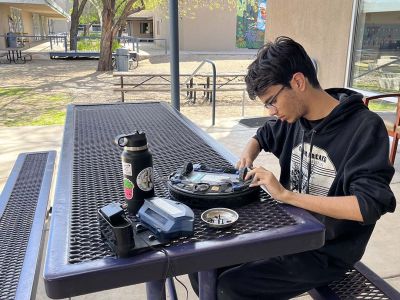
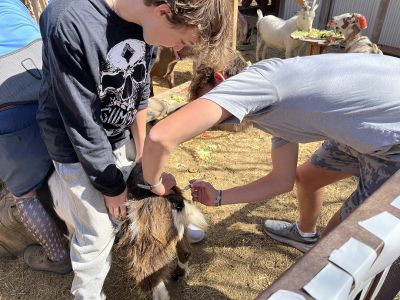
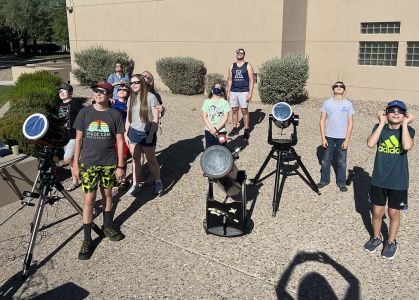
At The Gregory School, education is interdisciplinary. The skills and knowledge that students acquire in each class translate to other areas of campus, and our teachers work to apply learning broadly across the school. Every few weeks, the Spotlight Blog features one of our programs or content areas, but please know that at TGS, this delineation is somewhat artificial, and if you follow the blogs, you will see that interconnection abounds.
What are some highlights of science and engineering at TGS?
A spiraling curriculum means that each year in grades 5 - 8, students study biology, chemistry and physics at a developmentally appropriate level, with increasing depth and complexity. Not only do students experience and internalize the concept that sciences are fully interrelated, they also enter Upper School prepared to take biology, chemistry, and physics because they have spent four years building and retaining a solid foundation in each subject. You can learn more in our Middle School curriculum guide.
We offer a huge range of science electives that were created based on a survey of student interests. Most of the electives are single-semester courses, enabling students to experience a variety of subjects. Current, past, and future offerings include everything from Astronomy to Genetics & Biotechnology to Environmental Science, and from Marine Biology to Organic Chemistry to Unity Game Lab. This year, we have some students taking five science courses! You can see the full list in our Upper School curriculum guide.
Students in grades 6-8 participate in FIRST Lego League, working together to research, design and build a robot to solve a real world problem. Upper School students are part of FIRST Tech Challenge, in which they design, build, and program a robot to compete with other schools in an alliance format against other teams. The Gregory School Robotics Team is proud that they entirely build and transfigure their robot using FabLab materials and equipment rather than working from a kit.
We are one of very few schools in Arizona to offer Physics 1, AP Physics 1, AP Physics 2, AP Physics C: Mechanics, and AP Physics C: Electricity & Magnetism. TGS students are well prepared for college majors and careers in engineering and physics with this pathway.
Students in grades 5-12 experience hands-on work in laboratory facilities and the wonderful FabLab maker space. Beyond this, faculty use all parts of our campus to teach science. Animal Science students hatch eggs from the Farmyard; AP Physics students calculate trajectories and catapult water balloons on the open field outside their classroom door; Plant Science students measure growth and diversity in the wash; and classes studying ecology frequent our riparian area, just to name a few.
In addition to electives, students can go from the introductory honors course to the AP-level course in biology, chemistry, computer science and physics and can earn college credit through the University of Arizona for Introduction to Engineering and through Pima Community College for Advanced Biology.
Students in grades 5-8 visit the FabLab with their academic classes, during flex time at lunch, and in Explorations. This exposure gives students early knowledge of equipment use; of planning, trying, failing, and trying again; and of the notion that they can make their imaginings a reality. Students in grades 6 -8 may take an engineering elective and a robotics elective, in addition to their time in the FabLab. Upper School students may opt for a Technology Innovation: Design and Build class or Elements of Entrepreneurship to pursue their passions. As juniors and seniors, these students may move on to our college-level Introduction to Engineering and/or to our Entrepreneurial Institute, depending on their interests and goals.
There are so many examples of how students apply the knowledge and skills they are gaining in their science and engineering classes to other parts of our school community. Here are just a few examples: Physics and Robotics students bring their skills to theater production, doing lighting design and building sets for drama productions. Biology students at all levels apply what they learn in the Farmyard and students studying all levels of chemistry and environmental science apply their classroom knowledge when our Garden-to-Table program talks about soil composition and water use. All areas of science come into play in the Entrepreneurial Institute as students design, create, and market products of their own invention—from calming beverages to toy crossbow kits.